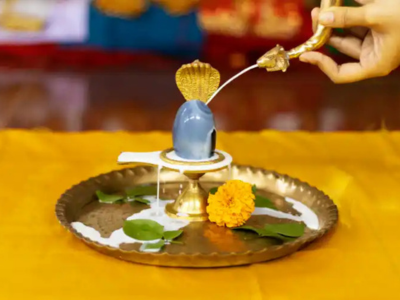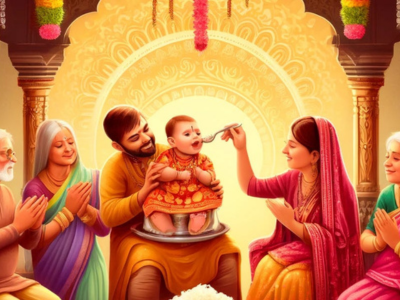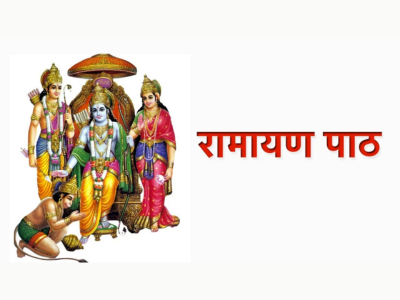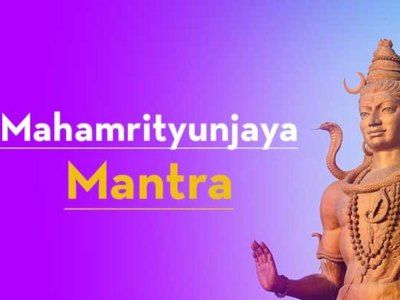Since Abhishek is linked to Lord Shiva, the divine energies of the Lord bless the lives of his believers. In order to please Lord Shiva, this Puja is regarded as the greatest and worshippers seek his blessings to rid their lives of any obstacles or t...
A baby's naming ceremony, known as Namkaran Puja, is a religious ritual. Panditji, depending on the baby's Nakshatra, recommends a beginning letter for the child's name at this ceremony. Namkaran Puja is a ceremony in which the kid is giv...
It is a tradition in Hinduism to commemorate the birthday of one's parents, Ishta dev and kula dev, by doing the Janamdin Puja or Birthday Puja. People's futures are determined by the Rashi and Nakshatra on the day they were born. The Graha S...
Invoking the blessings of Lord Shiva's terrible form, Lord Rudra, is the purpose of the Rudrabhishek Puja. The purpose of this ritual is to remove and conquer any barriers that a person may encounter in life. Before going to battle with Ravan, Lo...
Sanskrit for "grain-feeding inauguration" or "rice-feeding ritual," Annaprashan. When the kid is given Annaprashan, he or she is usually given Sweet Rice, which is a substantial meal. The pooja is conducted in order to ensure that...
During the fortunate month of Phalgun, on the 14th day of the dark fortnight, devotees celebrate Maha Shivaratri, or the Great Night of Lord Shiva. On a no-moon day in the month of February or March, this event is celebrated. March 11th is the date f...
The Akhand Ramayan Path is a continuous recitation of the whole Shri Ramcharitmanas for 24 hours without interruption. In all, there are seven kaands: Baalkand, Ayodhyakand, Aranyakand, Kishkindhakand, Sundarkand, Lankakand, and Uttarkand, which are ...
This kind of Jaap is dedicated to Bholenath or Shiva, who is known for his compassion. Maha means great, Mrityu signifies death, and Jaya means victory, hence by reciting this Jaap, a person is granted triumph over death. Jaap, Mrityunjaya, rejuvenat...

.png)
.jpg)
.jpg)




